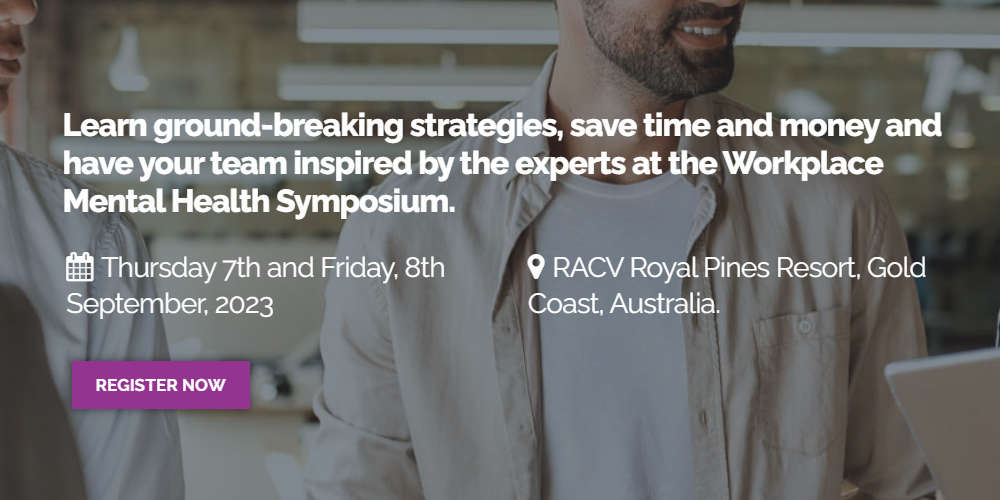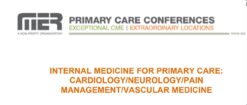ANZMH Workplace Mental Health Symposium 2023
$30
Include: 2 videos, size: 26.52 GB by Australian & New Zealand Mental Health Association
Target Audience: workplace leaders, HR professionals, mental health practitioner
Information:
A practical, cross-sector meeting focused on creating psychologically safe, high-performing workplaces. Sessions translate evidence and lived experience into tools for prevention, early intervention, return-to-work, and sustained wellbeing across industries.
What You Will Learn
-
How to design and implement psychosocial risk management aligned with contemporary standards
-
Early-warning signs, supportive conversations, and pathways to care (internal and community)
-
Building leader and peer capability: mental health literacy, stigma reduction, and help-seeking
-
Return-to-work frameworks that balance safety, performance, and legal obligations
-
Measuring impact: dashboards, pulse surveys, claims data, and ROI beyond dollars (retention, safety, culture)
-
Strategies for remote, hybrid, shift, and frontline workforces; considerations for small vs. large organisations
Who Should Attend
Executives, HR/People & Culture leaders, WHS/OHS and risk professionals, EAP and wellbeing teams, clinicians supporting workplaces, union/industry representatives, researchers, and program vendors.
Why Attend
-
Convert policy and research into simple, repeatable practices that fit your context
-
Learn from sector benchmarks and real implementations—what worked, what didn’t, and why
-
Leave with playbooks for leaders, managers, and teams that improve safety, engagement, and retention
+ Topics:
*Note: these are continuous video recordings during the conference, they include individual lectures mentioned in the Detail section below
- September 7.mp4
- September 8.mp4
*Detail:
-
Psychosocial hazards: workload, low role clarity, remote isolation, bullying/harassment, moral injury
-
Prevention & promotion: job design, autonomy, recognition, civility, and psychological safety
-
Early intervention: peer programs, mental health first aid, crisis pathways, critical incident response
-
Recovery & RTW: reasonable adjustments, staged duties, monitoring, confidentiality and documentation
-
Legal & governance: duty of care, standards alignment, reporting lines, contractor considerations
-
Inclusive practice: culturally safe approaches for First Nations and diverse communities
-
Data & evaluation: metrics, dashboards, privacy, and translating insights into action
-
Special settings: healthcare, education, public safety, construction/mining, and SMEs
Related products
Uncategorized
Uncategorized
Uncategorized










